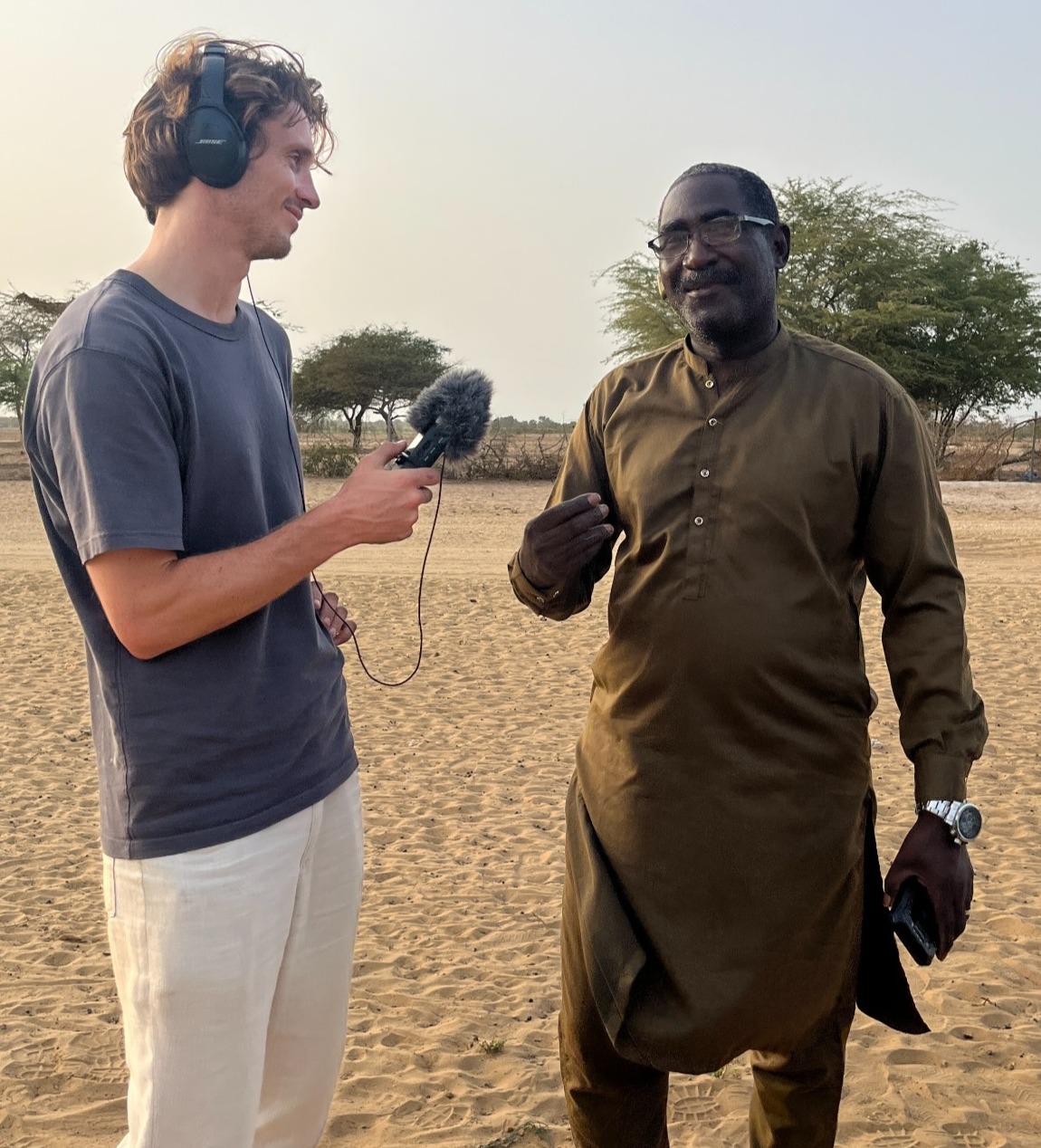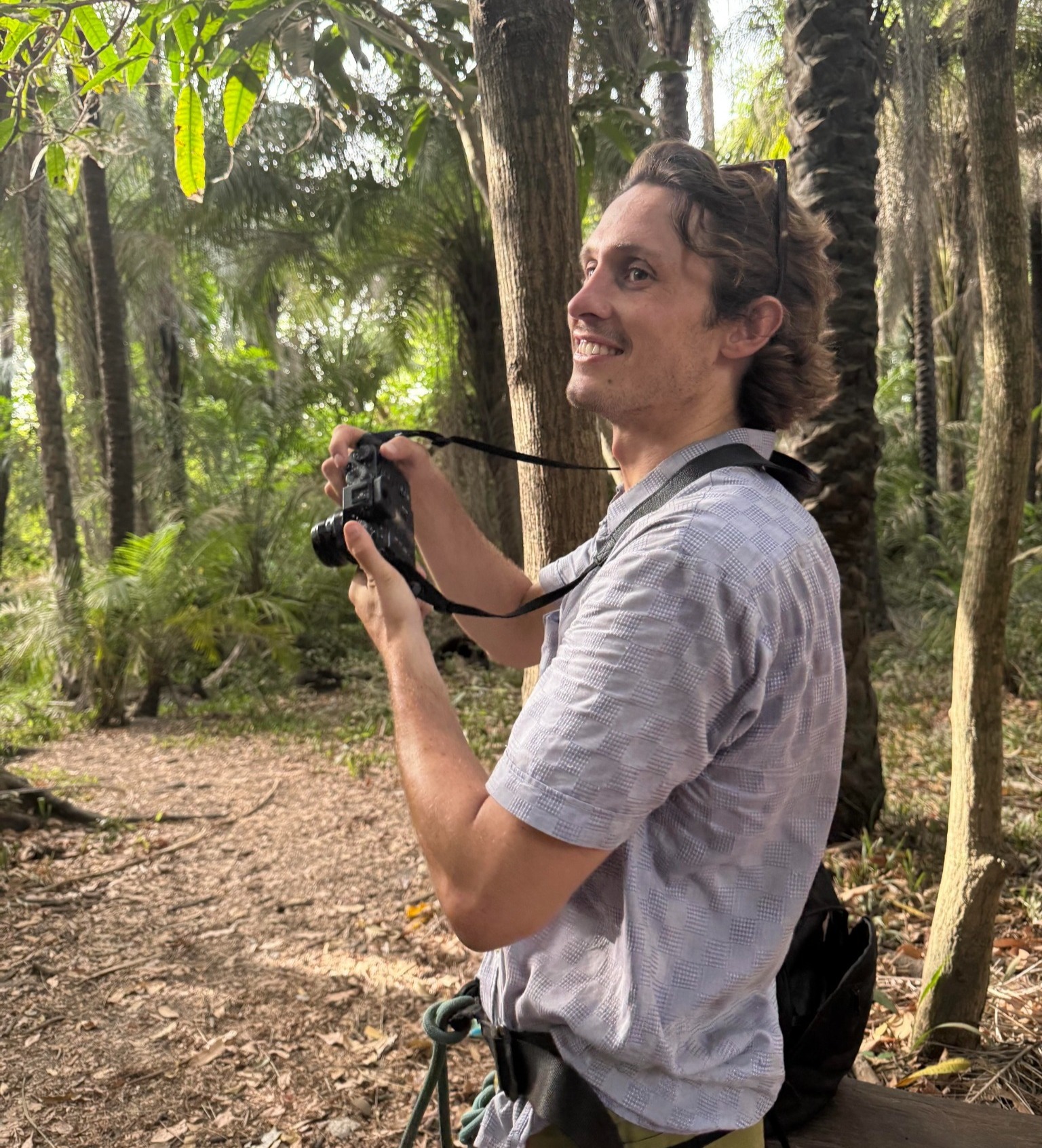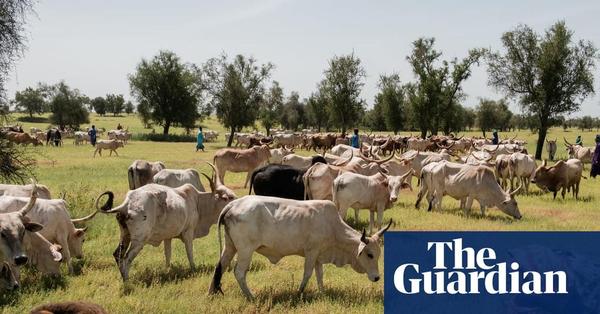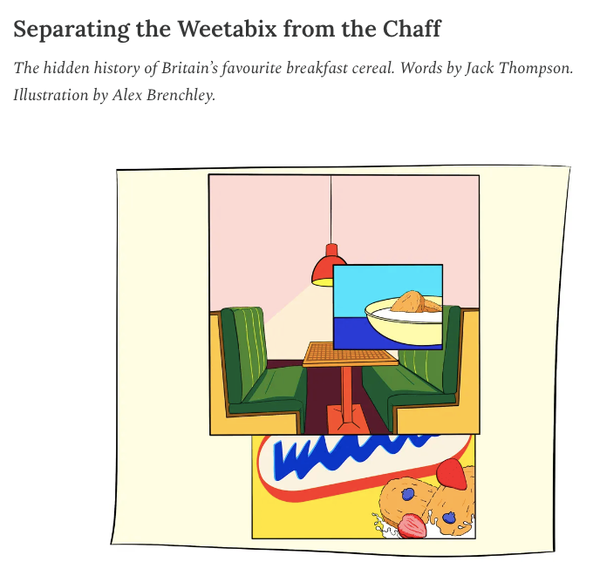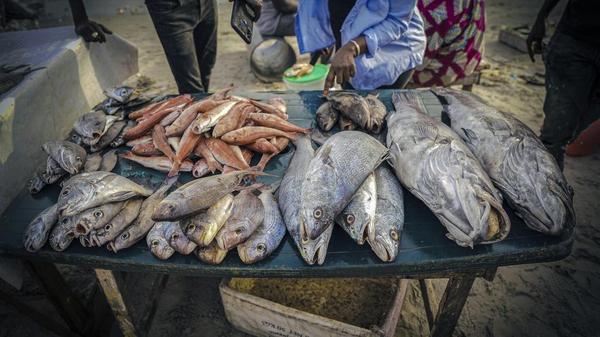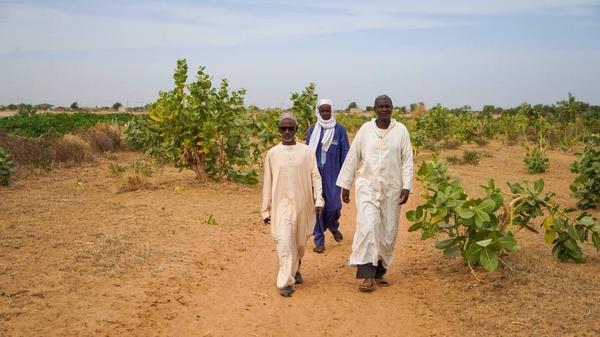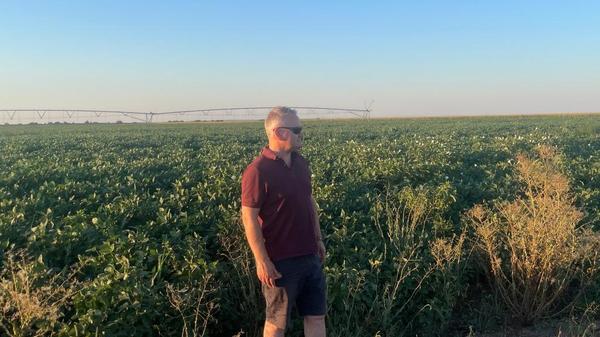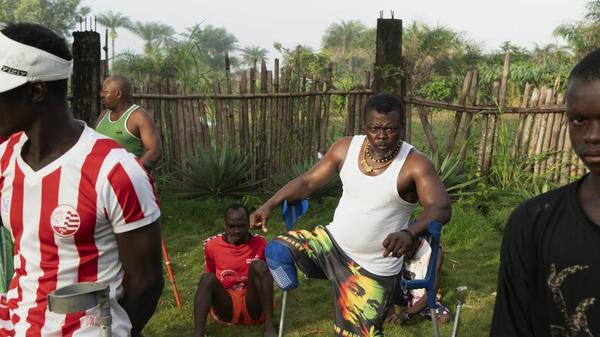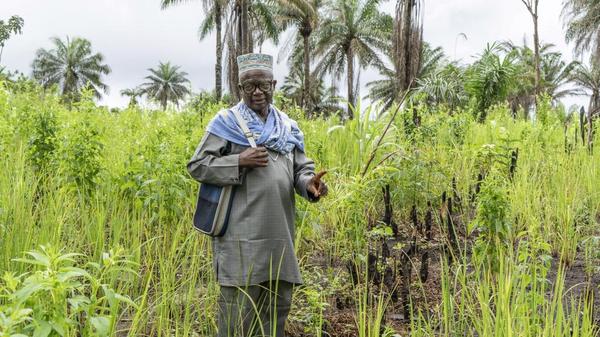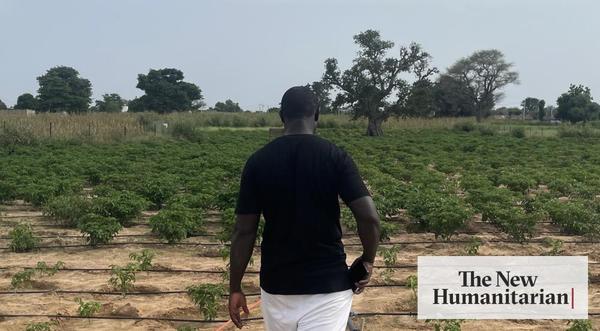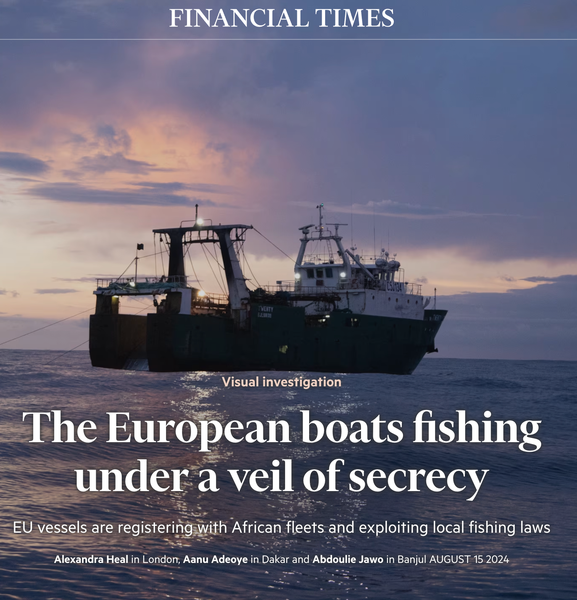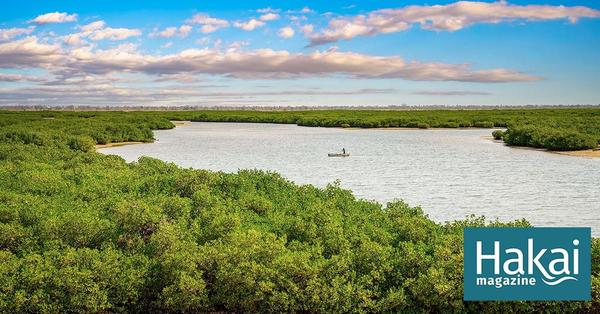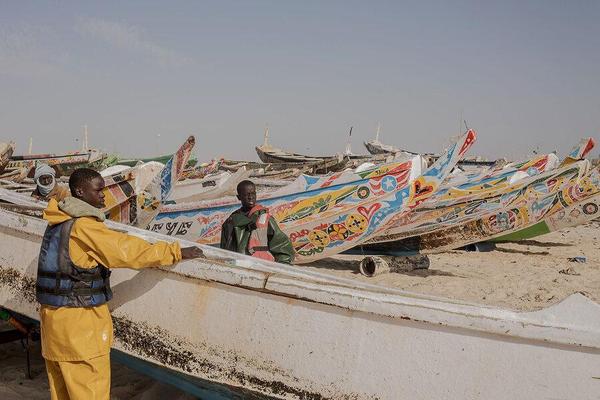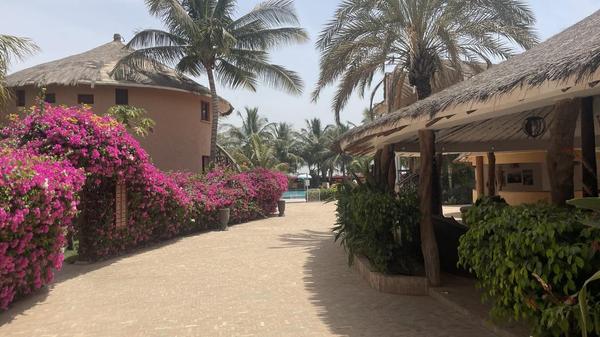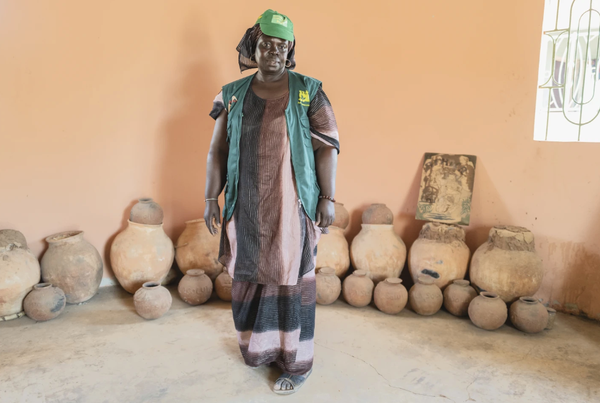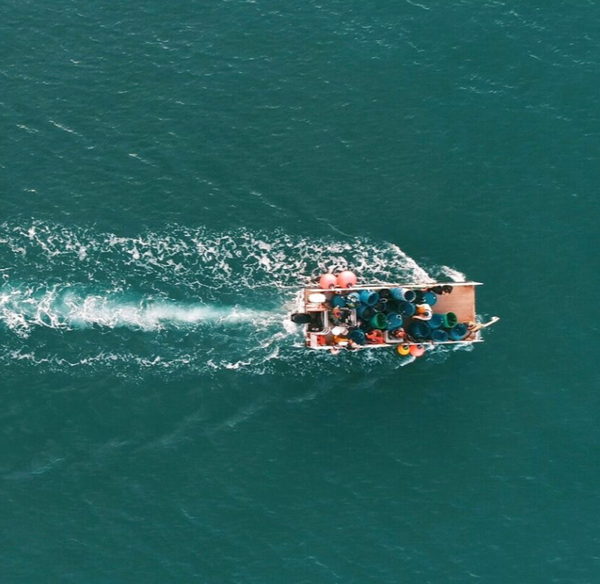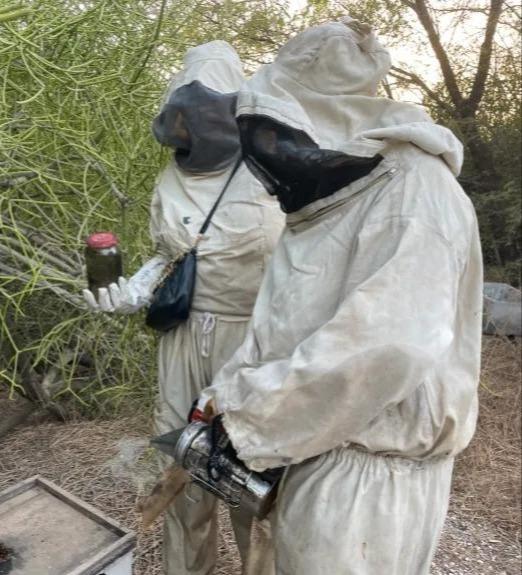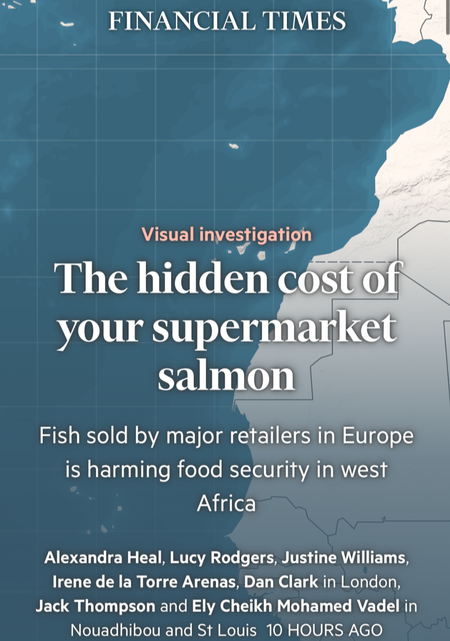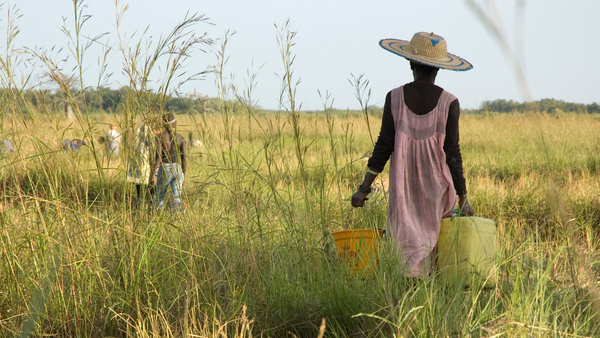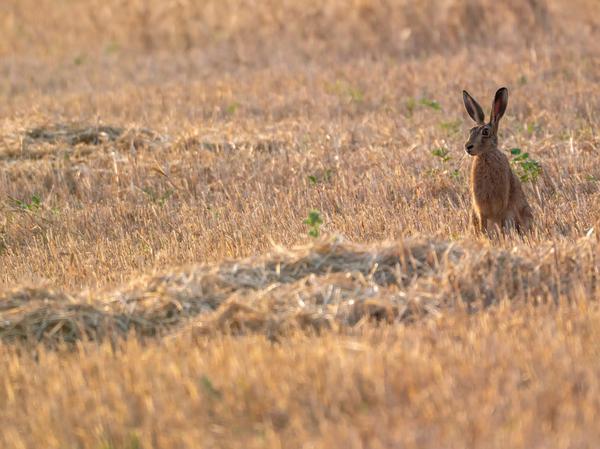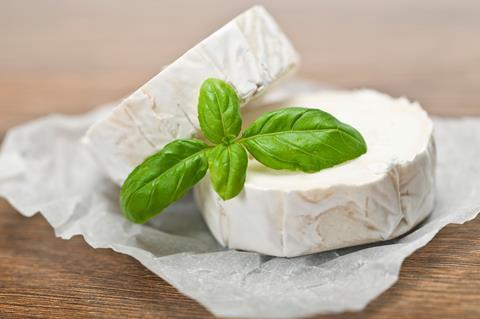

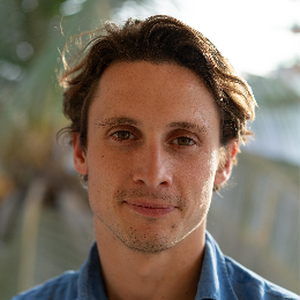
An award-winning writer specialising in food and climate. Based in Senegal, West Africa.
The global food system is complex, as well as fascinating. As a farmer’s son with a master’s in food policy and 10 years across the sector, there are few better qualified to report, analyse and communicate its importance to the public.
He writes, reports and shoots for global media outlets, such as the Financial Times, the Associated Press, the BBC and more. He is the editor of a food
systems newsletter and podcast for TABLE, and writes for think tanks, NGOs and philanthropy on food systems. Winner of the 2025 Sophie Coe Prize for food writing. Fluent in French and Spanish, gets by in Wolof.



You can get in touch via email at:
jackthompsonjournalist@ gmail.com
